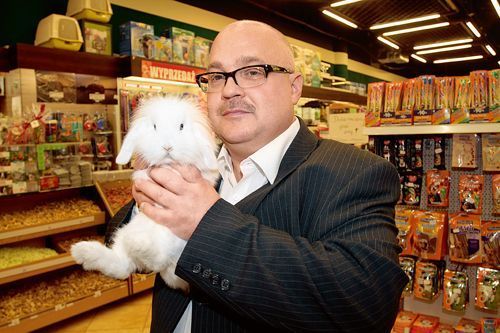German group Fressnapf’s chain of Maxi Zoo pet shops entered the Polish market a year ago. So far it has made the owners of the three shopping centres the company has opened its stores in very happy. Those whom the company has promised to sign future leases with are also satisfied. Poland can feel special because among the CEE countries the firm has so far only entered Hungary. Maxi Zoo has been attracted to Poland by the potential and development possibilities of the country. Its entry is also a sign that a transformation is coming to this market over the next dozen or so years. What will this mean for shopping centres as they adapt themselves for such tenants?
A land of possibilityBefore Fressnapf decided to open its first Maxi Zoo store in Poland it undertook a study of the Polish market in terms of its business potential and development possibilities. Ten years earlier, the company chose to expand into Hungary. Now it has 34 retail outlets in that country. Half are located in th





























































